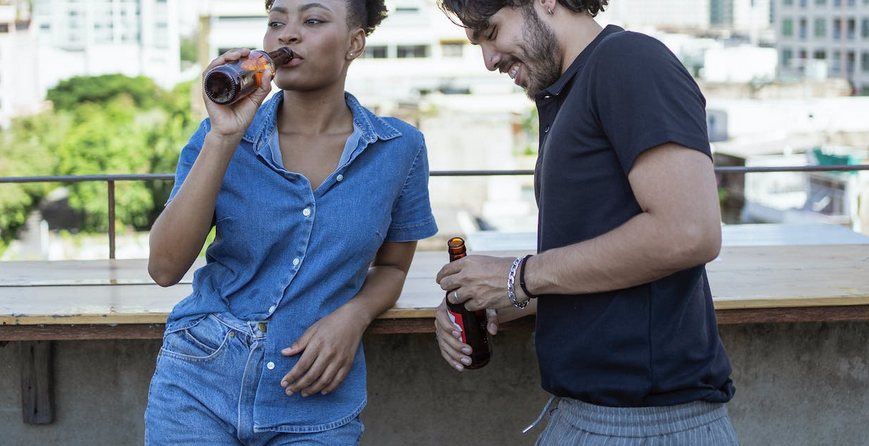
Addiction recovery is a challenging journey, but with the right tools, techniques, and professionals, it becomes more manageable. All of them can be found in this Luxury Rehab center. But then again, it goes back to yourself about how to improve your addiction recovery. With these coping skills, many experts believe individuals can thrive in their quest for sobriety. What are those skills? Let’s find out the answer by keeping on reading.
Relaxation and Stress Relief in Any Situation

Engaging in progressive muscle relaxation techniques, deep breathing exercises, or guided imagery can help calm your mind and body. Taking a few minutes each day to focus on your breath and release tension from your muscles can make a significant difference in managing stress levels. Finding healthy outlets for stress relief is crucial during the recovery process. This could include engaging in physical exercise like yoga or going for walks in nature. Exercise not only helps release endorphins but also acts as a distraction from cravings or negative emotions.
Daily Journaling
Journaling provides a safe outlet for expressing any pent-up emotions or frustrations that may arise during the recovery process. Writing your daily journal allows you to explore the rooting causes of your addiction and identify patterns or addiction triggers that can be contributing to it. Writing down your thoughts also helps cultivate mindfulness and self-awareness. As you put pen to paper, you are forced to slow down and really tune in to what is happening within yourself. This heightened awareness can help you recognize potential relapse warning signs early on, allowing you to take proactive steps toward preventing them.
Meditation and Mindfulness

These are a powerful set of mental instruments that can greatly support individuals in their journey of alcohol addiction recovery. These practices provide a space for self-reflection, increased awareness, and the cultivation of inner peace. By sitting in stillness and observing your thoughts without judgment, you develop a greater sense of clarity and control over your emotions. This newfound mental resilience can help prevent relapses by enabling you to recognize triggers and make conscious choices instead of reacting impulsively.
Mindfulness, on the other hand, involves bringing non-judgmental attention to daily activities like eating or walking. It encourages us to fully immerse ourselves in the present moment with all our senses engaged. This practice helps cultivate gratitude as we learn to appreciate the simple pleasures in life.
Avoidance of Triggers
Triggers can be anything from certain environments or social situations to specific people or emotions. So, it really pays off once you’ve identified these triggers and developed strategies for dealing with them effectively. But it requires being surrounded with a supportive and understanding network of friends and family who are aware of your journey towards sobriety. Making changes in your daily routine can also minimize exposure to potential triggers. This could involve avoiding places where alcohol is readily available or finding alternative activities that promote health and well-being, such as exercise or engaging in hobbies.
Recovery takes time and effort, but with determination and the right coping mechanisms in place, you can achieve long-term sobriety. Stay focused on your goals, prioritize self-care, and embrace a lifestyle that supports your well-being. You have the power within you to overcome alcohol addiction – take one day at a time and never give up on yourself. You deserve a happy and healthy life free from the chains of addiction.
